Welcome to Pelican Town!
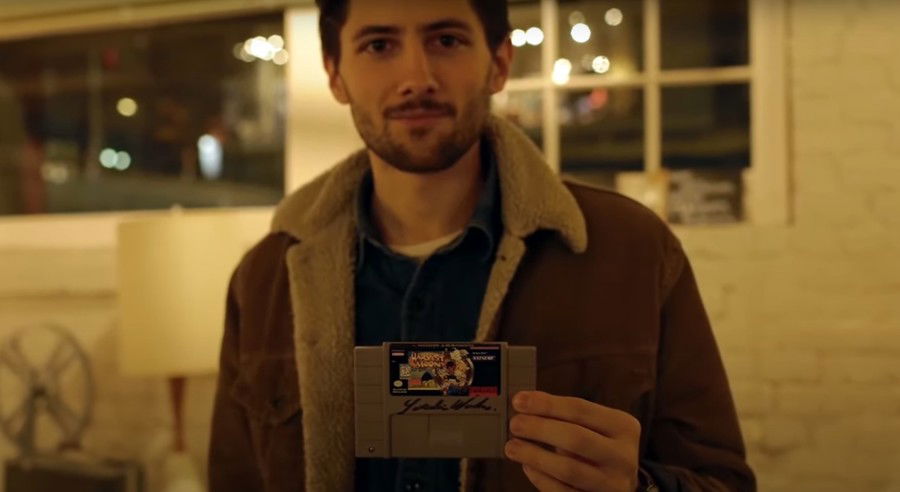
Eric Barone, known by the pseudonym ConcernedApe, is the talented developer behind the indie phenomenon Stardew Valley. Before starting his creation of the world of Pelican Town, Barone was very passionate about games, and his dissatisfaction with the direction that the Harvest Moon series was taking planted the seed which bloomed into the idea for his own game.
Determined to create an experience which captured the essence of classic farming games, but through his own vision, Barone started the project in 2012. As the years went by, he delved deep into every aspect of game developing, performing crucial roles from programming to the creation of graphics and soundtracks.
His dedication and multidisciplinary skills are made very evident in the final results, a game that conquered millions of hearts around the world.
Who is Eric Barone?
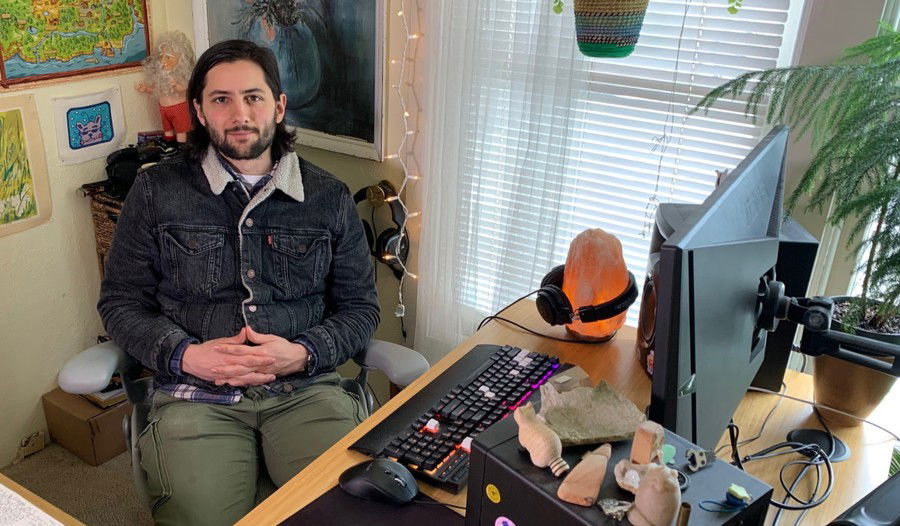
Eric graduated in Computer Science, he never originally intended to be a professional GameDev and just enjoyed information technology and computers. Alongside his girlfriend Amber, he aimed for getting a regular job and living a simple life.
After applying to several jobs and getting none of them, this simple life idea started to seem impossible. That was how he decided that, to increase his chances of getting a good job, he needed to hone his skills, and so, started developing games for fun. Without knowing it, he put into motion one of the most successful independent projects in history!
Stardew Valley: From Concept to Reality

Stardew Valley’s development journey is a story of perseverance and passion. Barone started working on the game using the development engine XNA, and, despite the inherent challenges to indie development, he persisted.
For four and a half years, Eric sculpted each detail in the game, from the charming characters to gameplay elements. The idea of creating a virtual life, simple yet rich, in a farm where players could grow their crops, raise animals and get involved with the local community gradually took form.
The result is a virtual world which offers a captivating experience, balancing the nostalgia around classic farming games with new and innovative game mechanics. The phenomenal success of Stardew Valley is proof not only of Eric Barone’s vision, but also of his exceptional ability to make that vision a reality.
Challenges and Difficulties During Development
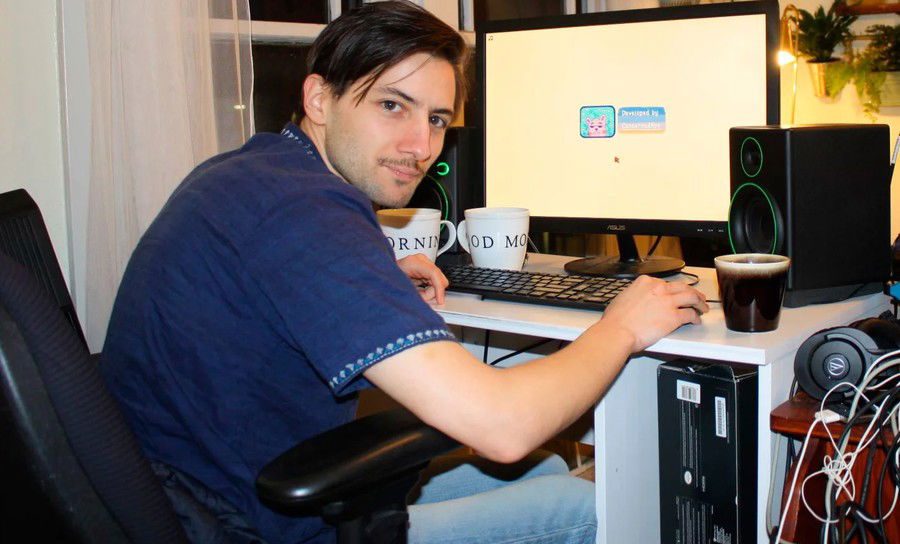
Throughout the creation process for Stardew Valley, Eric Barone faced a series of challenging situations. Independent development, particularly, brought its own set of difficulties. Barone was mostly alone for the most part of the project, being the one responsible for crucial aspects such as design, programming, art and music.
On top of every difficulty surrounding complex development like this, where Eric did every aspect of the game’s creation himself, he was always working around 12 hours a day, every day of the week on his game, and also working half-period at a theater in his town, Seattle. Which meant that all of his money came just from this half-period job.
Many times, in the final months nearing the end of the game’s development, Barone claimed he wanted to give up, his confidence having vanished. He had frequent talks with his girlfriend and friends about not keeping the project going, after all, playing the same game every single day for four years got him exhausted and doubting everything due to not knowing if the game was actually good, since he had never made anything about it available to public testing.
The Chucklefish distributor hadn't played the game until then. That was when they convinced him to make the game available for Twitch partners to test it out. These people started playing and sending Barone feedback, to fix a few bugs and even suggestions of things to implement, which promptly made Eric get better and perfect Stardew Valley until its launch.
On the evening of February 25th, 2016, Barone discovered a fatal bug in the game, a few hours before launch. This bug caused the game to close its executable, a technical issue which would greatly and negatively impact the public’s capacity to play.
Such cases in big studios are fixed by huge developer teams, but Eric was alone. He spent the following days releasing update patch after update patch, fixing everything he could.
Launch and Public Reception
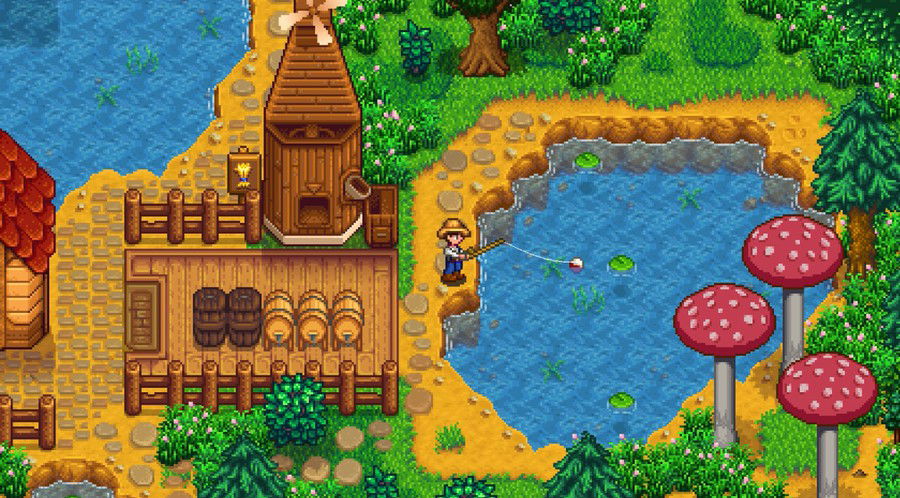
All the effort across four and a half years, the turbulent final days, releasing countless updates and doing his best to fix everything possible so that players could have the best experience possible were worth it. Stardew Valley sold five hundred thousand copies in 15 days!
The game was initially released for PC, and some time later for other platforms such as Playstation 4, PS Vita, Switch, Xbox One and even for mobile. Stardew Valley was met with praise from both critics and the public: the gaming community was charmed by the relaxing atmosphere, gameplay which draws you in and the attention to every last detail. Success didn't limit itself only to the first wave of release.
Barone continued to offer regular updates, introducing new content and improvements, keeping the community engaged during it all. Stardew Valley became a long-lasting phenomenon, with dedicated fans and an active community, which contributed to the longevity and the continuous growth of the game.
Influences and Inspirations
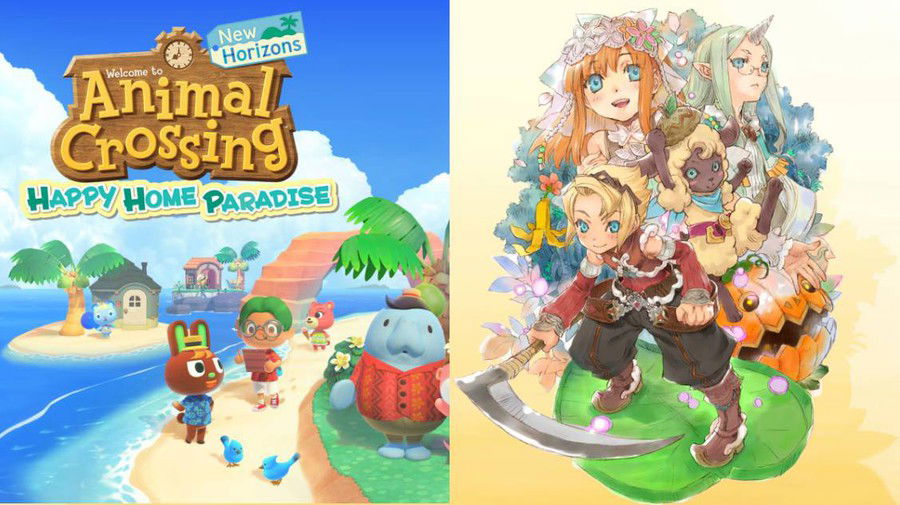
Eric Barone is known for being inspired by classic games, such as Harvest Moon, which played a fundamental part in shaping the vision behind Stardew Valley. He also mentioned being influenced by other titles such as Animal Crossing and Rune Factory.
The combination of elements from all of these games resulted in a unique experience which evoked nostalgic feelings for some players, while offering new content to others. Barone’s skill in synthesizing several influences and molding them into something original contributed significantly to the universal appeal of Stardew Valley.
Post-Release Development
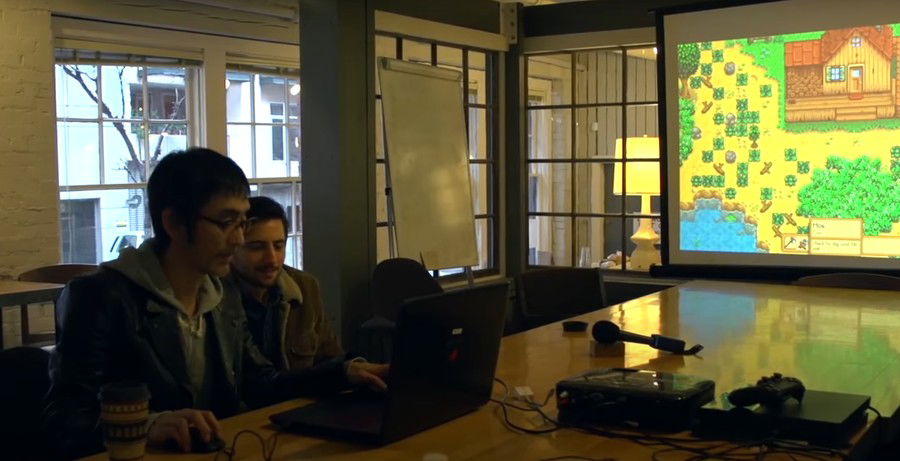
After the initial launch, Eric Barone continued working on the game, releasing substantial updates which considerably expanded on the content. These updates included new characters, events, areas to explore and a multiplayer mode.
Barone kept an active dialogue with the community, taking feedbacks and suggestions from players into account for the updates. This collaborative approach not only solidified the relationship between developer and players, but also showed the dev’s compromise in creating a gaming experience which evolves and grows as time goes by.
Cultural Impact and Legacy
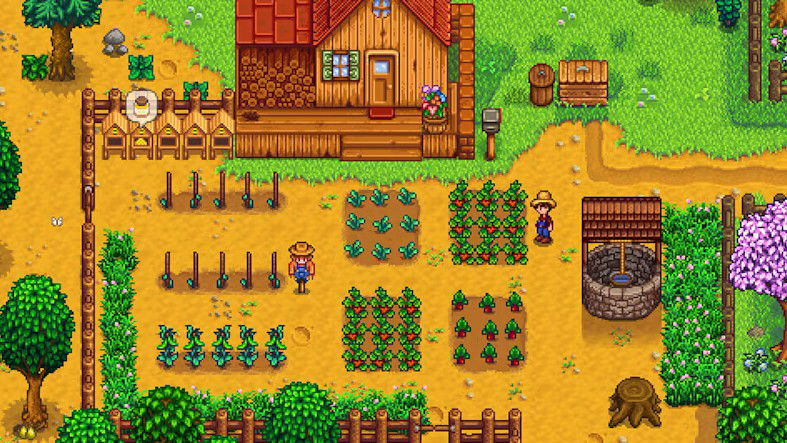
Stardew Valley has transcended its status as an indie game to become a cultural phenomenon. The simplicity, authenticity and diversity in activities in-game attracted players of all ages and backgrounds. The Stardew Valley community is active in many online platforms, sharing stories, mods and tips.
The game’s legacy is evident in every conversation around indie games and in the way in which it inspired other developers to go after more ambitious independent projects. Stardew Valley’s success is a testimony not only to Eric Barone’s vision, but also of the strength and passion from the gaming community supporting him.
Conclusion
To sum up, Eric Barone’s trajectory in the creation of Stardew Valley is an extraordinary narrative of passion, determination and success in the independent game scene. From his inspiration in the classics to the masterful execution of his vision, Barone not only gave life to a charismatic game, but also built a dedicated community. The challenges faced during development, the capacity to overcome them and the persistence in continuing to perfect the game post-release are testimonies to his relentless dedication.
Stardew Valley is not only a game; it is an experience which transcended frontiers, conquering hearts and establishing a legacy in the indie gaming world. Its cultural impact goes beyond the charming mechanics; it created a global community, united by an appreciation shared by simplicity, authenticity and richness in the details.
If you liked this article and want to know more about the history of games, development and tutorials, give us a follow here at UmGamer!. Also check out our article on Our guide on Stardew Valley's recent Patch 1.6!

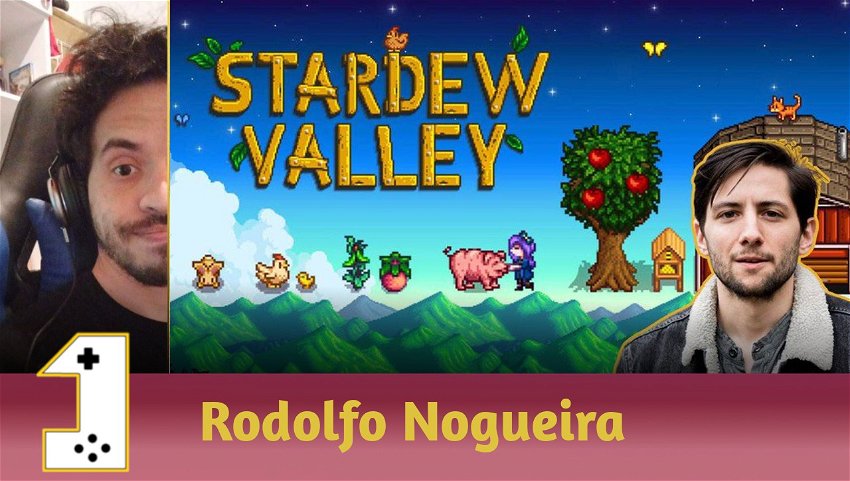








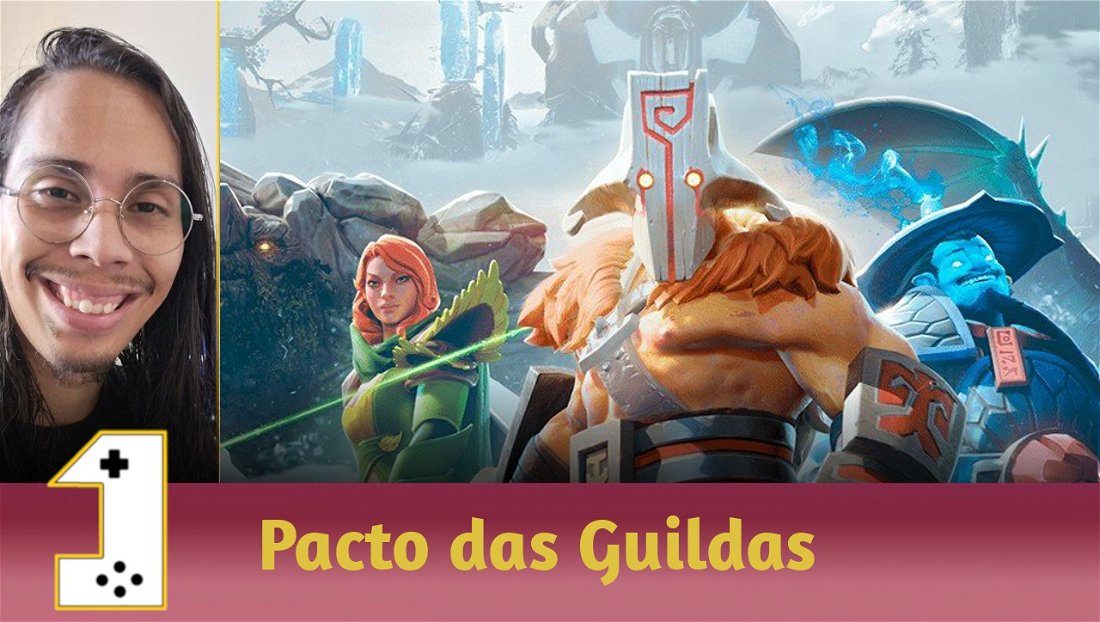

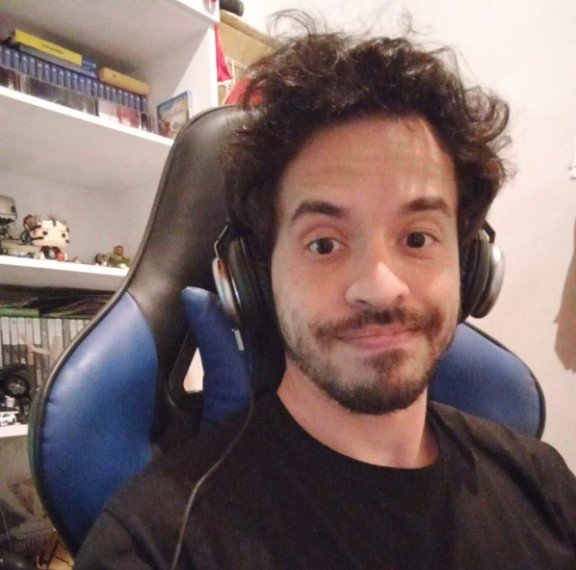

— Comentários 0
, Reações 1
Seja o primeiro a comentar